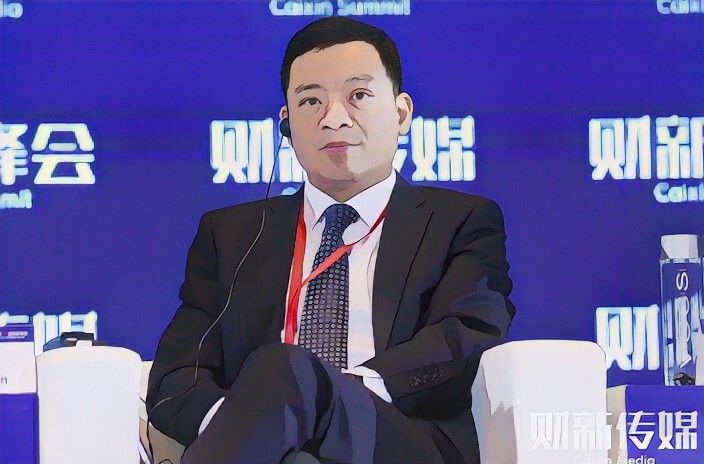Chinese Central Bank Official Encourages Bank Expansion to Belt and Road Partners

The Lede: Chinese Central Bank research director Zhou Chengjun at a forum in Beijing Tuesday, called for Chinese banks to set up branches in countries that cooperate in the Belt and Road Initiative amid disrupted financial and economic conditions between Western countries and China.
What We Know:
- Zhou, director of the research institute at the People's Bank of China, emphasized that the expanded use of the Chinese yuan through the opening of bank accounts in the currency among BRI partner countries would be important in promoting the yuan’s internationalization.
- He recommended that Chinese banks open branches in BRI partner countries in order to provide comprehensive services where Chinese businesses have investments as part of the infrastructure project initiative. He noted that the aim would be to facilitate the opening of bank accounts using the Chinese yuan for local or foreign businesses operating as part of BRI.
- The possibility of transactions through correspondent banks was also brought up as an alternative to commercial branches. Chinese banks operating in BRI regions can bring the development of transaction banking, one-stop banking services, fund management, trade financing, payment settlement and asset custody.
- Zhou highlighted the example of Laos, where Chinese companies operate industrial parks. The Bank of China has a single branch in the capital, Vientiane. Many businesses and individuals who want to have a yuan-based bank account with that branch would have to drive several hours to reach it.
The Background: China’s BRI has launched more than 3,000 cooperation projects in the past decade. Investments for the projects have attracted roughly $1 trillion of investment during that time. The projects focus mainly on infrastructure, energy and resources, industrial parks and special economic zones, agricultural cooperation and digital economy in partner countries spanning Eurasia, Africa, and Latin America.
Likely Outcomes:
- The recent statements by Zhou could be a signal that the PBOC may be more actively pursuing the internationalization of the yuan, particularly through BRI partner countries. There have been a number of developments in the use of the Chinese currency in international transactions, especially as a workaround for U.S. and Western sanctions on Russia. These developments have included Russian dividends for the Sakhalin oil project, increased use of yuan in Latin American countries such as Bolivia and Argentina, the settlement of a Russian nuclear plant sale to Bangladesh, and liquefied natural gas trade settlements from Qatar in yuan.
- It may also be a sign for the proliferation of the PBOC’s central bank digital currency. China began experimenting with a sovereign digital currency in 2014. In addition to linking finances directly to the PBOC, the digital yuan has aimed to allow unbanked people, such as those traveling from overseas, to participate in digital finance in China. In May, France’s BNP Paribas announced that it would partner with the Bank of China to allow their corporate customers to transact in digital yuan. The expansion of Chinese banks or the establishment of correspondent banks in BRI partner countries could pave the way for the adoption and use of the digital yuan in those countries and create a network effect among them.
- The spread of Chinese-based banking and related services in BRI partner countries would likely come with greater influence from Chinese financial entities and political visions from Beijing. A continuation of this trajectory would likely attract the attention of Washington and Western leaders as a new financial front of their rivalry.
Quotables:
"Transaction banking can also be achieved through correspondent banks. The goal is to enable local businesses, whether Chinese or foreign companies, to open renminbi accounts." – Zhou Chengjun, director of the finance research institute at the People's Bank of China
Good Reads:China central banker pushes banks to expand along Belt and Road (Nikkei)
